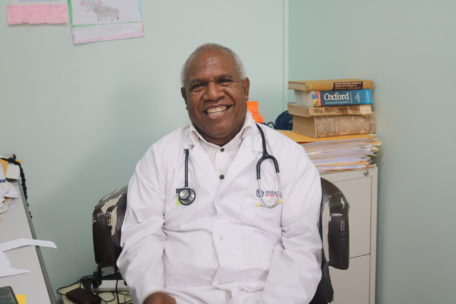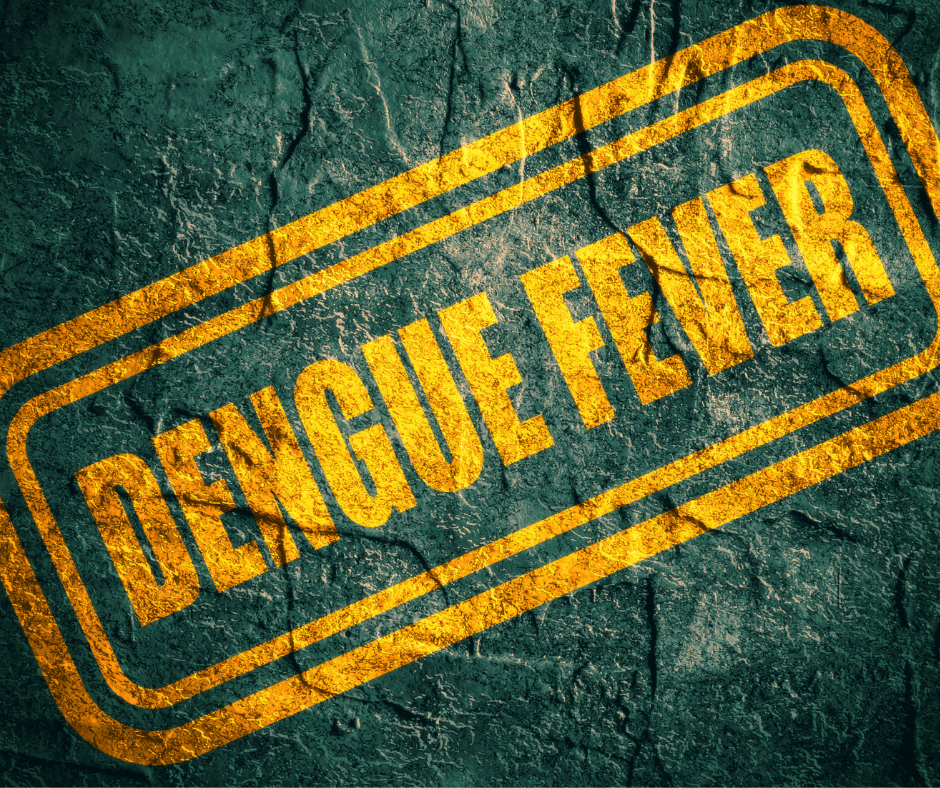People infected with Dengue can be asymptomatic, experiencing no signs or symptoms of a dengue infection. When symptoms do occur, they may be mistaken for other illnesses — such as the flu — and these symptoms usually begin 4 to 10 days after you are bitten by an infected mosquito. However, this should not be taken lightly if a slight symptom is detected and must be brought to professional medical attention.
Mild Symptoms include:
- Muscle, bone & joint ache
- Headache
- Fever
- Nausea
- Vomiting
- Pain behind the eyes
- Swollen glands
- Rash
- Cold & Flu symptoms – Runny nose, itchy throat, watery eyes. It can mimic flu like symptoms as well.
Severe symptoms include:
Although less common, some people develop severe dengue, which can be any number of complications associated with severe bleeding, organ impairment and/or plasma leakage. Severe dengue has a higher risk of death when not managed appropriately.
Warning signs of severe dengue fever can develop quickly and can be a life-threatening emergency. The warning signs usually begin the first day or two after your fever goes away, and may include:
- Severe headache
- Muscle & joint pain
- Severe eye pain
- Spinal & back pains – Giving it another name ‘Break bone Fever’ or ‘Break Bone Disease’.
- Fever – that lasts about 6 days – the fever spikes every 6 hours which is shorter than a Malaria fever spike.
- Abdomen and severe stomach pain – causing nausea and persistent vomiting.
- Bleeding from gums or nose
- Blood in your urine, stools, or vomit
- Bleeding under the skin, which might look like bruising.
- Difficult or rapid breathing
- Fatigue
- Irritability or restlessness
Dengue hemorrhagic fever (DHF)
Some patients with dengue fever go on to develop dengue hemorrhagic fever (DHF), a severe and sometimes fatal form of the disease. Around the time the fever begins to subside (usually 3–7 days after symptom onset), the patient may develop warning signs of this severe disease. When DHF is present in the body, this means the virus has begun to infect the platelets. A platelet is the cell that is responsible for clogging up vessels when your body is injured in aim to stop bleeding. Platelets are at risk when infected by Dengue, and if there is platelet count drop identified in a patient, the patient can bleed cough and spit blood or can even succumb to death by bleeding out the brain or any other organs.
Warning signs include those detected in severe symptoms above and can also develop a marked change in temperature (from fever to hypothermia), hemorrhagic manifestations, or change in mental status (irritability, confusion, or obtundation). The patient may also have early signs of shock, including restlessness, cold clammy skin, rapid weak pulse, and narrowing of the pulse pressure (systolic blood pressure − diastolic blood pressure). Patients with dengue fever should be told to return to the hospital if they develop any of these signs.
This is the second part to a three part series on the topic of Dengue Fever.
Article by: Dr Polapoi Chalau

Dr Polapoi Chalau joined Paradise Private Hospital in 2016 as their Medical Director with many years’ experience working in senior medical leadership and health management in the public sector. He served as the CEO of Angau General Hospital in Lae for 7 years (2006-2014) and previously as the Chief Surgeon of PNG & Specialist advisor to the National Health Department (1993-2010).
Dr Chalau’s many achievements include serving as the Honorary Senior Lecturer in Surgery at the University of PNG and was instrumental in setting up highly specialised training for surgeons at the country’s medical school. He holds a Masters in Business Administration- Executive (EMBA) from PNG University of Technology, Masters in Surgery and a Bachelor in Medicine and Surgery from the University of PNG (UPNG).
Dr Polapoi Chalau hails from Loamat Village – Rambutso Island in the Manus Province and is married with six children.
******
CIG in partnership with Paradise Private Hospital (PPH) brings to their community, the Wellness Hub. A Hub that provides their clients and members of their community access to vital information on health and wellness issues affecting their community and useful information to help make better health and lifestyle choices.
The information, including but not limited to, text, graphics, images, and other material contained on this website are for informational purposes only. No material on this site is intended to be a substitute for professional medical advice, diagnosis, or treatment.


